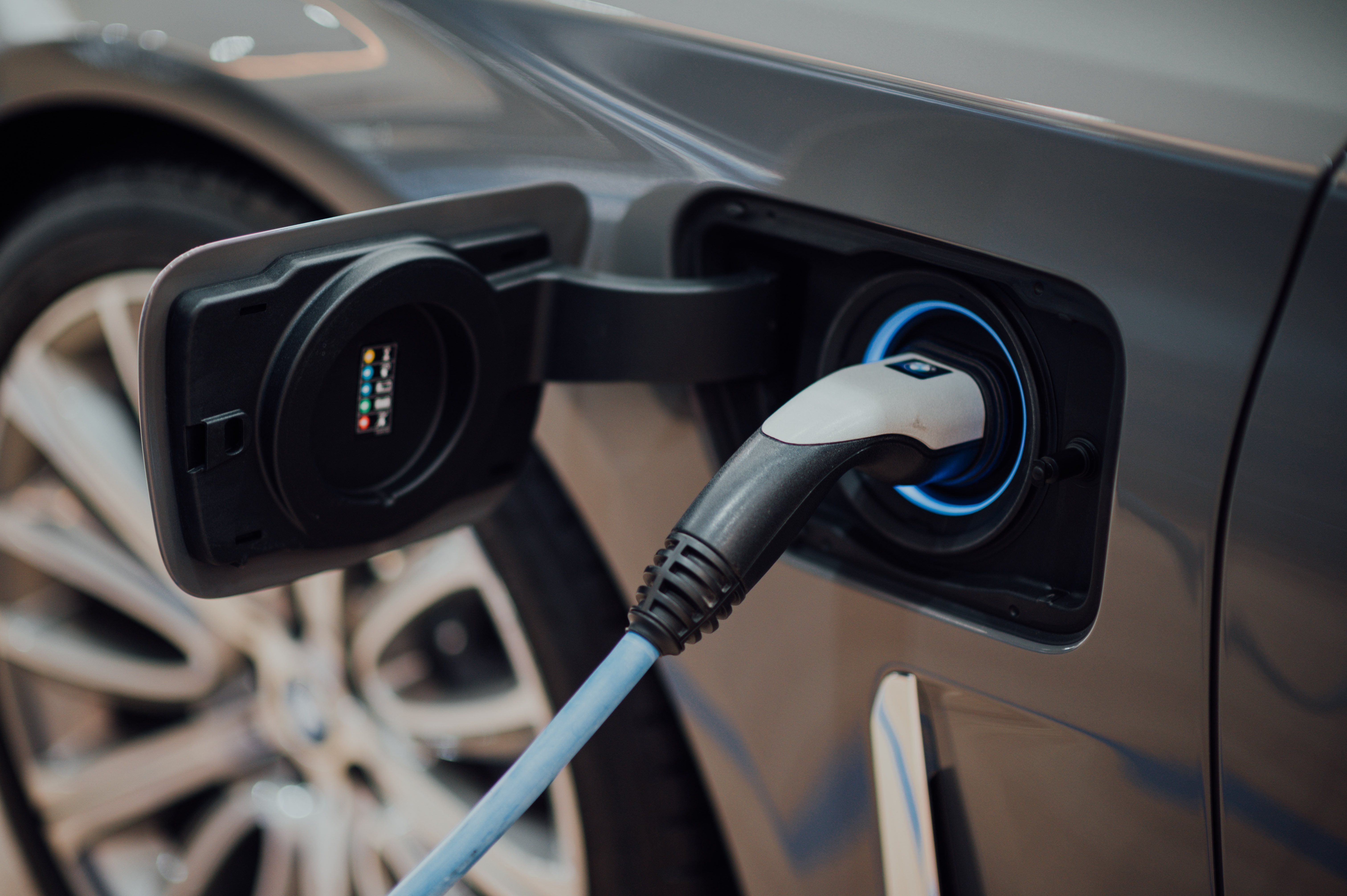The rise of the electric vehicle is an accessible rallying cry for a stronger environmental ethos. It’s something anyone can relate to – instead of relying on vehicles that burn fossil fuels and leave carbon emissions behind, we should move toward zero-emission alternatives that run on carbon-free electric grids. In the meantime, drivers can enjoy the cost savings of more efficient transportation.
The Parliament of Australia recently leaned on a PriceWaterhouseCoopers report to project the benefits of EV uptake in Australia. According to the report, increased uptake from now to 2030 could reduce carbon emissions by 18 metric tons and eliminate 16 million imported barrels of oil per annum – this in addition to national economic and investment benefits.
As EV uptake increases around the world, EV production (and Lithium-Ion batteries in particular) will impact how the mining community does business. This, too, is described by a growing chorus of analytics, including the annual mining report from Deloitte, which regularly discusses how the demand for cobalt, lithium, graphite and copper will shape the industry.
Australia, for example, is the world’s largest producer of Lithium – yet most of that material is sold to China for processing. Investing in new infrastructure to promote domestic battery production could amount to better domestic capitalisation of this natural resource.
In general, the discussion around EV uptake is becoming more complex, and there has been growing skepticism around its actual benefits. Here are a few of the environmental and ethical concerns coming to the fore.
Cobalt as a catalyst for ethical mining
The 2019 report from Deloitte spends less time discussing the demand for EV-related minerals (which has already been established) and more time on issues of provenance. Sensing how ethical concerns can sway business strategy, manufacturers of lithium-ion batteries and electric vehicles are looking for sustainable and ethically-tenable sources. This won’t come automatically.
Cobalt is a primary example. The majority of cobalt (60%, according to most estimates) comes from the Democratic Republic of Congo (DRC), and Cobalt represents an important piece of that country’s economy. But political instability throws the stability of DRC’s cobalt trade into question, as does the presence of child labour. According to UNICEF estimates, some 40,000 children are at work in DRC’s mining sites.
This has led tech companies such as Apple and Tesla to draw up their own commitments to ethically-sourced cobalt – but the opacity of supply-chains has proved challenging, with small suppliers selling to middlemen who then sell to smelters. The usefulness of blockchain technology to illuminate the supply chain and satisfy ethical demands is highlighted by humanitarian concerns around the global cobalt supply.
The carbon cost of manufacturing electric vehicles
Neither is the environmental promise of electric vehicles as clear cut as one would hope – this due to the carbon-emissions involved in EV manufacturing. According to a report by the International Council on Clean Transportation (ICCT), the environmental cost of electric vehicle production could outweigh the potential benefits in cases where manufacturing methods are inefficient and/or carbon-reliant.
A separate study compared Chinese production of EV batteries and internal combustion engines, concluding that the EV batteries currently generate 60% more carbon emissions during manufacture.
The ICCT report concludes that increasing standards of manufacturing will reduce manufacturing emissions and allow EVs to quickly pay their carbon debt. Grid-decarbonisation is the most important piece of this puzzle. For instance, it has been observed here in Australia that the emissions benefits of EVs are hampered by a reliance on coal-powered electric plants.
A broad impact on the mining world
The path to increased EV uptake is imperfect, and it raises several issues around provenance and bottom-line emissions benefits. Optimists feel that science will create a formula for EV batteries that is more sustainable than Lithium-Ion. Sceptics say it will be decades before any such discovery is made.
Despite the complexities of EV uptake, there appears to be no stopping it. Even for mining companies who don’t deal directly in EV-related minerals, the environmental and ethical issues raised by EV production will have broad impact on the mining world. So long as EVs increase transparency and accountability in the production chain, from harvesting ore to driving a new Tesla off the lot, the system as a whole should benefit.







